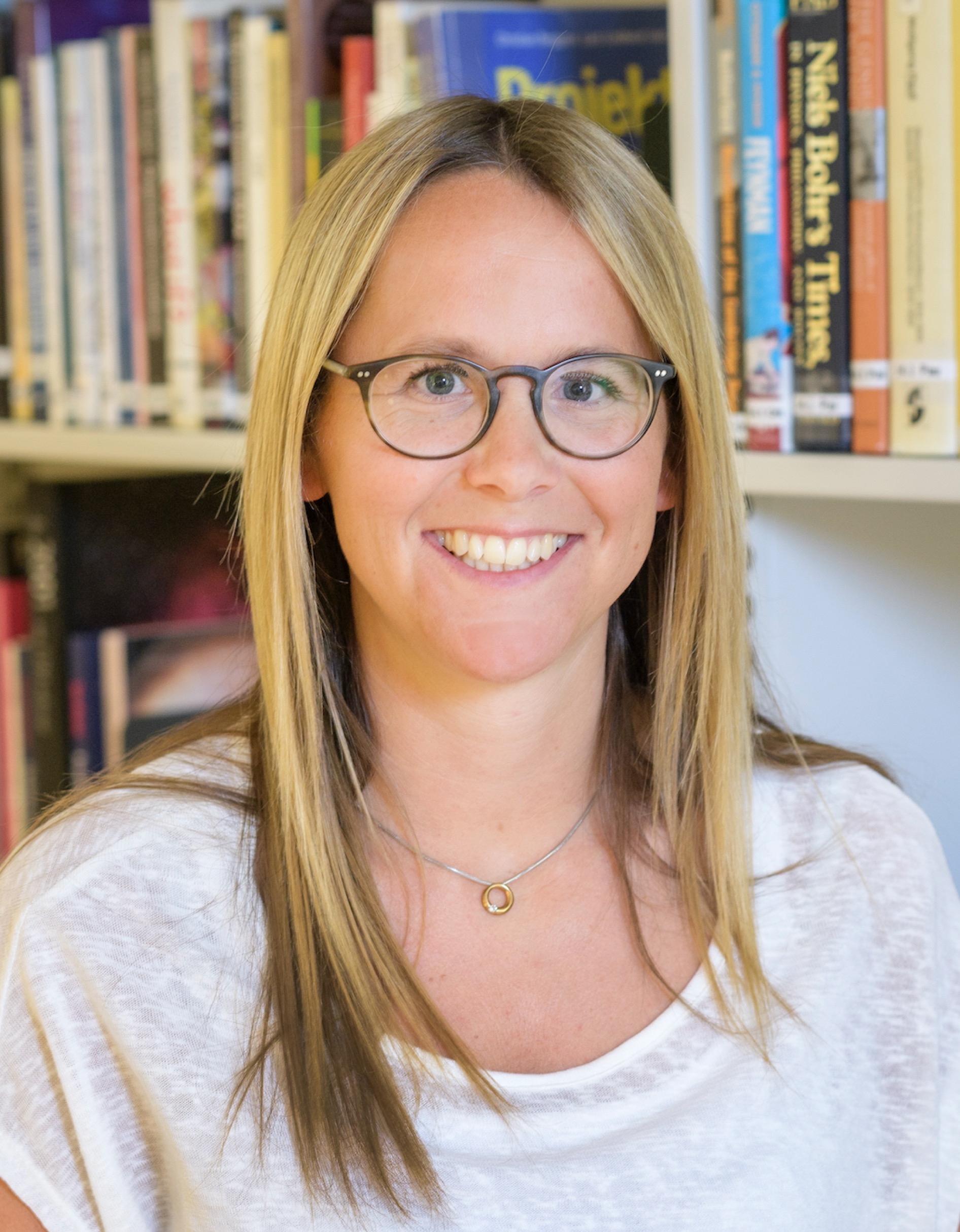Lund University
A new nano-metal and modified polymer barrier solution in food packaging to optimize recycling and reduce the carbon footprint
Industrial project
PhD
Open
Research question
The food industry has a major impact on our climate – 26% of the world’s greenhouse gasses are created in the food chain. Since the population of the world is expected to increase to 9.1 billion by 2050, the importance of a sustainable food chain will be ever so important. One key component in the food chain is the packaging so that the food can be transported and stored, and the industry is moving towards a fully circular material loop for packaging materials. A major obstacle to a sustainable packaging solution is today’s barrier solution which prevents the complete recycling of all materials in the packages. The focus of the proposed project is, therefore, to accelerate the need-driven development and understanding of a new metal-polymer barrier solution in food packages and enable full recycling in practice at scale. The methods we will use i:wnclude electron microscopy, x-ray spectroscopy, atomic force microscopy and permeation tests.
Sustainability aspects
Tetra Pak has a significant role to play within the food industry to help secure food safety, enhance operational performance, help transform food systems, and deliver nutritious food in sustainable packaging. Tetra Pak regularly uses United Nations’ SDGs to prioritize sustainability efforts and assign the most relevant goals under each pillar of the Tetra Pak brand: Food, People, Planet. The most relevant sustainability goals for the proposed project are SDG2 Zero Hunger, SDG12 Responsible Production and Consumption as well as SDG9 Industry, Innovation and Infrastructure, which are all highlighted by the WISE program.

Lund University
Maria Messing
Assoc. Professor
maria.messing@ftf.lth.se

Tetra Pak
Nils Toft
Senior Technology Especialist
nils.toft@tetrapak.com
Explore projects under the WISE program
WISE drives the development of future materials science at the international forefront. The research should lead to the development of sustainable and efficient materials to solve some of today's major challenges, primary sustainability. On this page you can read more about our research projects.
Explore projects